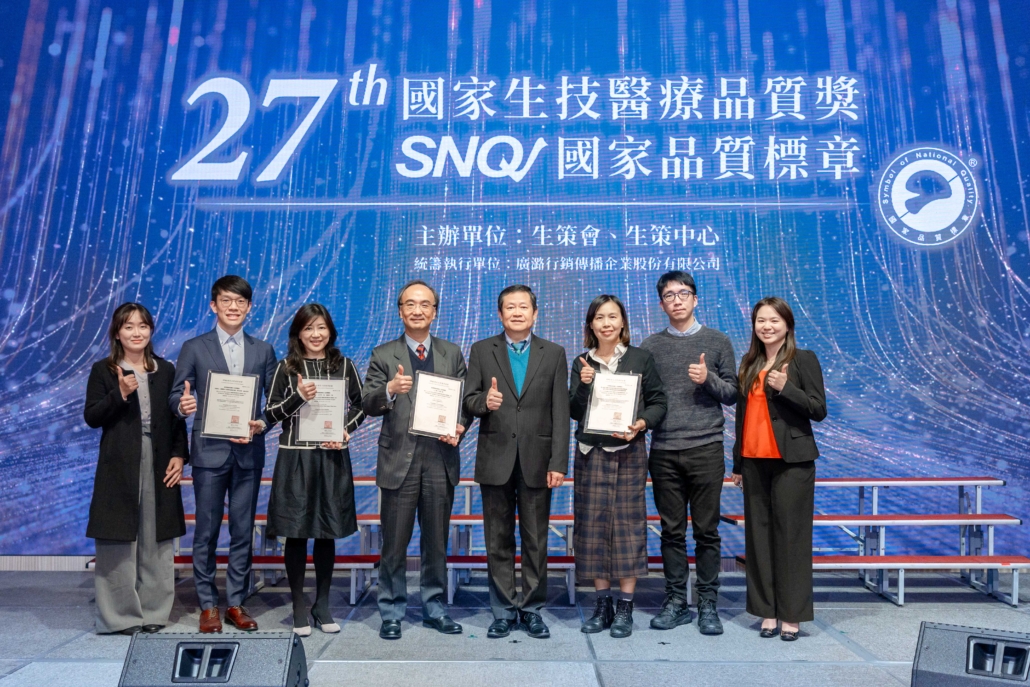Cardiovascular Surgery



It is worth nothing that the Cardiovascular Surgery Team of Cheng-Hsin General Hospital is not only committed to achieving clinical excellence, but also actively promotes academic research, education, and international exchanges. The team has published a large number of high-impact academic papers in the field of cardiovascular surgery and has won numerous international awards. In addition, the team regularly organizes academic conferences and training courses to share their experience and expertise with colleagues from around the world. The team has also established long-term cooperative relationships with many well-known medical institutions and experts around the world, actively participating in international academic exchanges and cooperation, and promoting the development of cardiovascular surgery worldwide.
The Department of Cardiovascular Surgery of Cheng-Hsin General Hospital has a great team with a wide range of expertise in heart and vascular operations. Their use of mechanical heart assist devices also indicates a commitment to providing advanced and comprehensive care to their patients. Achieving such a high survival rate for heart transplants is a testament to their skill and dedication to improving patients’ health outcomes.
The opening of the first compound operating room in Taiwan in 2009 and the emergence of new compound cardiac surgery are clear examples of their commitment to innovation. The successful completion of over 1200 cases of “transcatheter aortic valve implantation” is a testament to their dedication to staying at the forefront of the latest treatments. Additionally, the introduction of extracorporeal pulse therapy is a great alternative for patients who are not able to undergo traditional cardiac catheterization or bypass surgery, as it is non-invasive, and only require very short-term hospitalization, and does not over-affect normal daily life.
Collaborating with teams across various fields, including cardiology, metabolism, infection, rehabilitation, general surgery, and plastic surgery, is an excellent way to provide comprehensive care to patients. Additionally, integrating social workers, psychologists, and other professionals is a great way to ensure that patients receive holistic medical care that addresses their physical, emotional, and psychological needs.

National Innovation Award
The recognition of the Cardiovascular Surgery Team of Cheng-Hsin General Hospital for their innovative “VasoRing Connector” for aortic reconstruction surgery is well-deserved.
It’s reassuring that this product has been licensed in Taiwan and the United States, and that it has an exceptional success rate in reducing complications.
This will certainly benefit patients with cardiovascular diseases and improve their quality of life.

Symbol of National Quality (SNQ)
About 15% of middle-aged and elderly patients who receive transcatheter aortic valve replacement (TAVR) have bicuspid aortic valve stenosis. The cause can be attributed to either congenital abnormalities or degenerative changes. The characteristics of bicuspid aortic valve stenosis include asymmetric valve structure, multiple and uneven calcification, and often lead to complications such as rupture of the aortic root structure, coronary artery occlusion, and implanted valve leakage during surgery. Therefore, it was previously excluded as a suitable candidate for TAVR. Although some patients have attempted to undergo transcatheter valve replacement in recent years, it is a highly difficult and complex procedure, challenging for physicians worldwide.
Under the leadership of Superintendent Wei Jeng, the hospital’s heart valve team discovered in 2016 that the success of TAVR for bicuspid aortic valve stenosis depended on the correct selection of the implanted valve size. The valve team further developed the “Wei’s Measurement Method” which precisely selects the valve size preoperatively and optimizes it post-implantation, greatly improving the safety of the surgery, reducing complications, and improving the long-term prognosis. The “Wei’s measurement method” has been validated in over a hundred bicuspid TAVR patients at the hospital, and its results have been published in internationally renowned journals and presented at various international valve conferences in Europe, America, and Asia. Currently, many valve centers in Asia and mainland China routinely use the “Wei’s measurement method” as the standard measurement method for selecting implanted valve size for bicuspid aortic valve stenosis patients, which demonstrates the hospital’s ongoing efforts to innovate and improve in valve treatment.




 Mon~ Fri 8am~5pm.
Mon~ Fri 8am~5pm.


